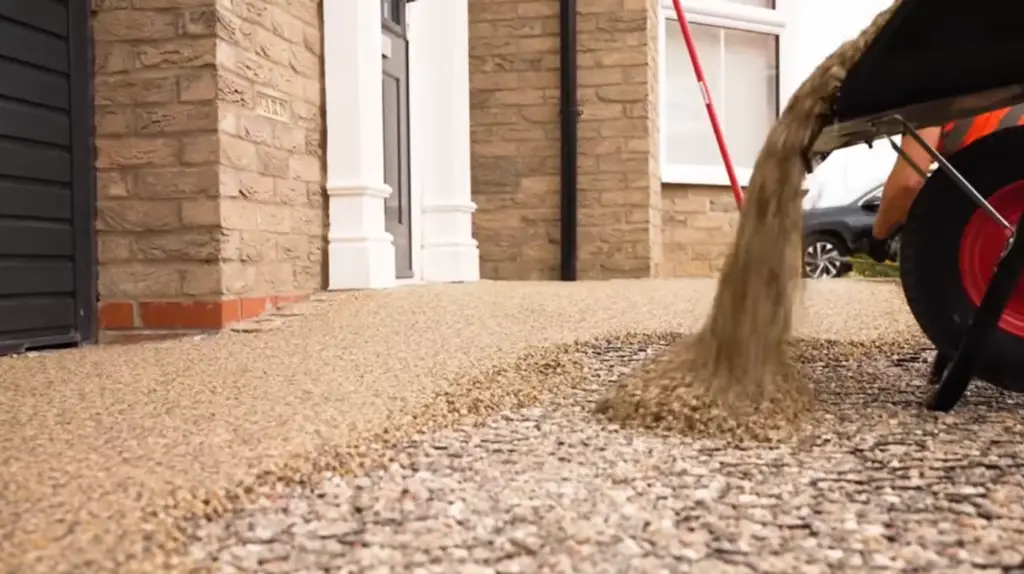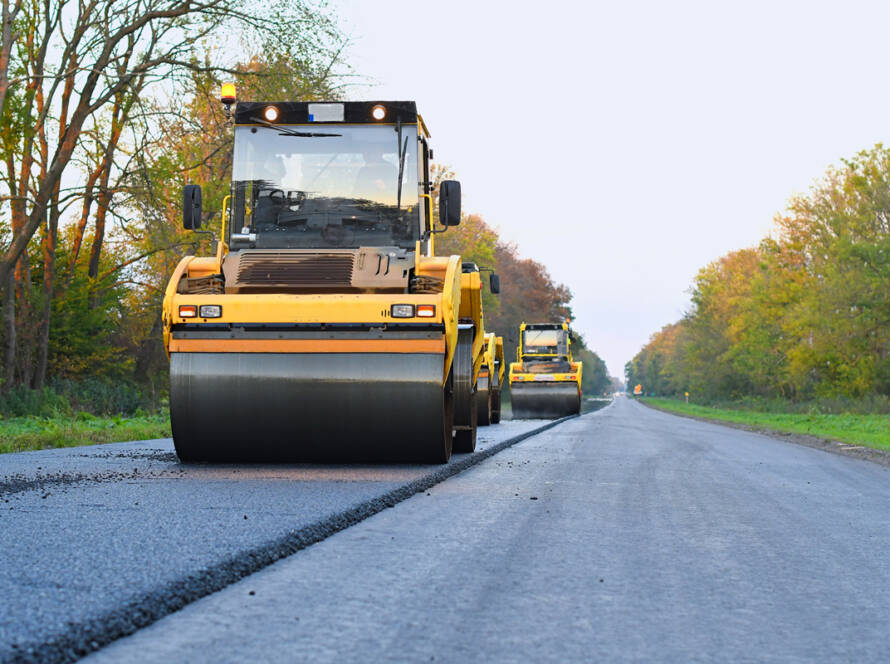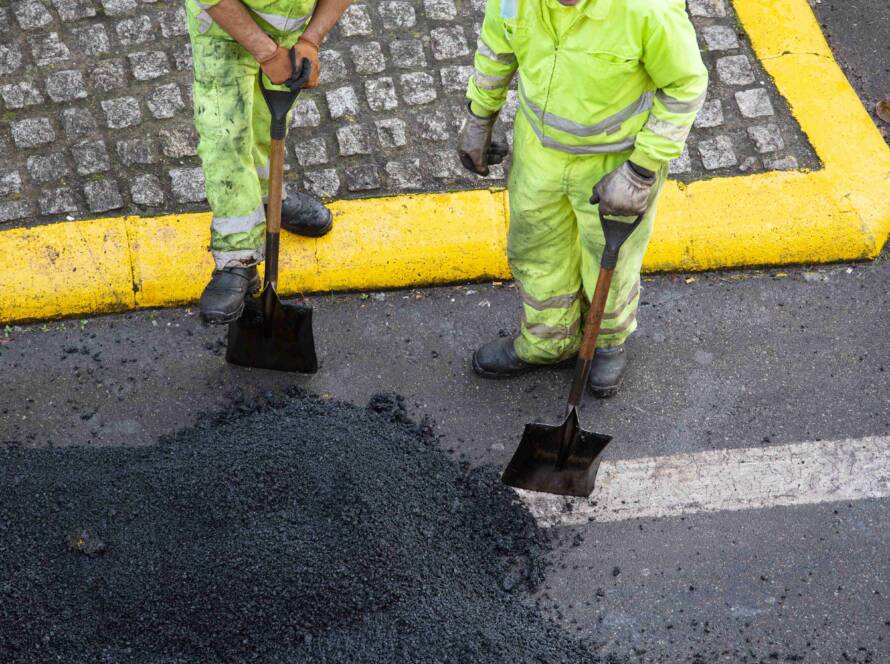A driveway should do more than look good; it needs to last. Resin driveways are winning hearts across the UK, promising both style and remarkable durability. But how long do they really endure under the UK’s unpredictable skies?
The answer depends on more than just what meets the eye. Quality of materials, installation methods, drainage efficiency, and regular upkeep all play critical roles in their lifespan.
In this article, you’ll uncover practical strategies to extend your driveway’s years, figure out why expert base preparation and edge protection matter, and see how eco-responsible surfacing solutions are transforming homes and businesses.
If you want your next driveway investment to stand the test of time—and turn heads in the process—read on for the actionable insights you won’t want to miss.
Factors That Affect How Long Resin Driveways Last
A resin driveway’s longevity is shaped by numerous elements; each playing a critical role in how well your surface stands up to British weather, daily use, and time.
Quality of Resin
The strength and flexibility of your driveway depend on the quality of the resin binder. UV-resistant polyurethane resins are renowned for delivering a crack-resistant, consistent finish, withstanding sunlight and weathering. Inferior resin can become brittle or discolour, reducing both durability and appeal.
Aggregate Type and Quality
Aggregate, the stones mixed into the resin, should be hardwearing and frost-resistant. High-quality, natural stones not only offer superior strength but also enhance drainage and maintain colour vibrancy, essential for the appearance and resilience of coloured resin driveways.
Installation Method
Professional installation is vital. Proper mixing, spreading, and curing techniques ensure the surface forms a uniform, robust layer. DIY approaches or shortcuts can lead to premature cracks and uneven finishes, severely limiting the drive’s lifespan.
Base Preparation
The foundation is everything. A stable, compacted base provides structural integrity and prevents movement. Depth matters; foundations must typically be 100mm or more, using suitable sub-base material. Weak or thin bases cause shifting, sinking, and rapid wear.
Drainage Efficiency
Water management is crucial in the UK’s wet climate. Resin driveways are naturally permeable, allowing rain to drain through and preventing pooling, which reduces frost damage and weed growth. For maximum longevity, ensuring correct sub-base preparation and adherence to SUDS standards is important for both durability and eco-responsible road construction.
Traffic Load and Frequency
Resin surfaces flex under pressure, making them ideal for regular family vehicles. Heavy vehicles or intense, frequent use demands a thicker surface (typically 18–20mm) and a denser, premium-grade resin to maintain integrity and prevent warping or surface scattering.
Climate and Weather Conditions
UK weather can be unforgiving; resin driveways must endure temperature swings, rainfall, and sunlight.
High-quality UV-stable resin prevents fading, while correct installation guards against freeze-thaw cycles that can cause cracks. Select materials specifically engineered for local climate variations to prolong your investment.
Maintenance Routine
Routine cleaning keeps a resin driveway in peak condition. Sweeping away debris, removing weeds from edges, and cleaning with mild detergent regularly preserves surface permeability and appearance.
Prompt attention to spills and stains, especially oils and chemicals, prevents long-term damage.
Chemical and Oil Exposure
Resin driveways can resist most household chemicals, but oil spills, fuel leaks, and harsh solvents must be cleared quickly. Extended exposure may lead to staining or softening of the resin. For commercial premises, a regular inspection schedule is advantageous.
Edge Protection
Solid edging, whether block, stone, or metal, prevents raveling and holds the driveway in shape. Unprotected edges are prone to chipping, cracking, or loosening, which fast-tracks surface breakdown, especially in high-traffic zones.
Thickness of the Surface Layer
Resin surfaces must be laid at the recommended depth, usually 15–20mm. Thicker layers offer improved strength and longer life, especially for commercial or shared driveways. Insufficient thickness risks surface instability and rapid deterioration.
Benefits of Coloured Resin Driveways

Coloured resin driveways offer more than vibrant kerb appeal, they use pigments that resist UV fading, keeping driveways looking fresh with minimal maintenance. These surfaces combine design flexibility with robust, long-lasting performance for both residential and commercial uses.
Eco-Responsible Road Construction and Surfacing Solutions
Modern resin driveways demonstrate an ongoing commitment to eco-responsible road construction. Their permeability eases stormwater runoff, supports sustainable urban drainage, and can incorporate recycled aggregates.
Such surfacing solutions for homes and businesses are both stylish and environmentally sound, a win for homeowners wanting to leave a green legacy.
Expected Lifespan of Resin Driveways in the UK
With quality materials, expert installation, and proper upkeep, resin driveways can last between 15 and 25 years.
Some high-end installations have been known to exceed this range, particularly when traffic and maintenance are well managed.
The elements that determine paved surface longevity, such as material quality, drainage, surface thickness, and environmental exposure, play a vital role in ensuring long-term performance.
This impressive longevity outpaces many traditional driveways like tarmac or block paving, making resin a solid long-term investment for UK properties.
Maintenance Tips to Maximise Longevity
- Sweep away debris and leaves every week, especially in autumn.
- Clean with a mild detergent and water every few months.
- Remove weeds manually from surface joints and edges.
- Address oil or fuel spills quickly with approved cleaners.
- Inspect and unblock drainage channels regularly.
Common Signs of Deterioration
Signs such as surface cracking, colour fading, loose aggregate, pooling water, or subsidence indicate the need for inspection and possible repairs. Early action helps preserve integrity and postpones costly resurfacing.
Why Choose Resin for Homes and Businesses?
Resin surfaces deliver unique combinations of functionality, sustainability, and style. Their flexibility makes them ideal surfacing solutions for homes and businesses, supporting heavy use while showcasing customisable finishes in multiple colours and textures.
Frequently Asked Questions
How thick should a resin driveway be for UK conditions?
A typical resin driveway should be 15–20mm thick. For areas expecting heavier traffic, choose a thicker layer (up to 20mm) for best results.
Can coloured resin driveways fade over time?
Top-quality, UV-stable coloured resin driveways hold their shade impressively, with minimal fading even after years of sun exposure. Choosing UV-resistant resin and professional installers is essential.
Are resin driveways truly low maintenance?
Yes, regular sweeping and occasional gentle cleaning are all that’s needed. Avoid strong chemicals and promptly remove any oil spills for maximum life and vibrancy.
What drainage system is required for a resin driveway?
Most resin driveways are permeable, eliminating the need for additional drainage if installed on a suitable sub-base. However, for impermeable sub-bases, ensure Aco or linear drains direct water away efficiently.
Invest in a Driveway That Lasts
Resin driveways offer a winning combination of style, strength, and sustainability, ideal for the UK’s challenging climate.
With proper installation, quality materials, and consistent upkeep, they can last 15 to 25 years or more. Whether for a home or business, a resin surface delivers long-term value, eco-friendly benefits, and lasting kerb appeal.
By understanding the key factors that affect lifespan, you’ll ensure your investment not only endures but continues to impress year after year.



